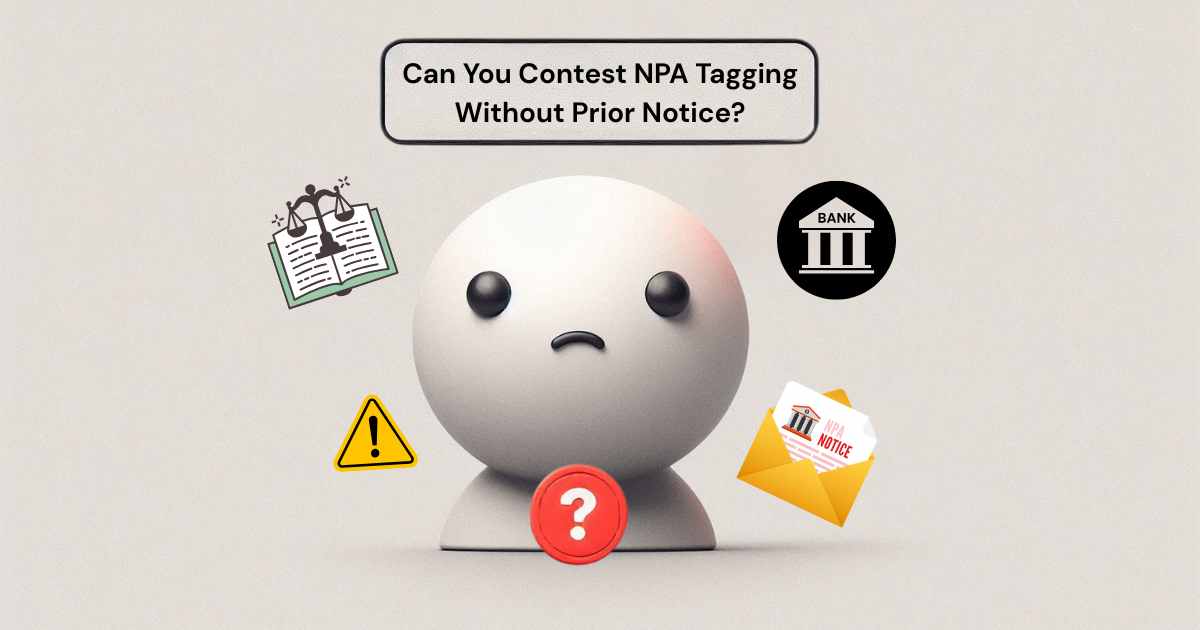· Financial Empowerment · 3 min read
A Guide to Empower Women Borrowers: Dealing with Recovery Agent Harassment
Facing intimidation, threats, or even violence from recovery agents can be daunting for women borrowers. However, understanding your rights can be your first line of defense. You have the right to privacy, dignity, and fair treatment, and no recovery agent is above these protections. Whether it's filing complaints with the Reserve Bank of India, contacting the Banking Ombudsman, or seeking legal aid, there are resources available to support you. Remember, your journey does not end with debt. With the right tools and support, you can reclaim your peace and move toward a brighter, more secure future.
.ovb2LbEc.jpg)
Harassment by recovery agents is an unfortunate reality for many women borrowers. These agents often resort to intimidation, threats, and even physical violence to recover dues. It’s important to understand that you have rights and there are steps you can take to protect yourself.
Understanding Your Rights
a) Right to Privacy: Recovery agents cannot visit your residence or workplace without prior notice or your consent. If you’ve specified a preferred location for meetings, the agents are bound to adhere to that.
b) Right to Dignity: You have the right to be treated with respect. Abusive language, threats, or any form of harassment is unacceptable.
c) Right to Fair Treatment: Recovery agents must follow fair practices and cannot use coercive methods. They are required to adhere to RBI guidelines.
Our Guidance in Filing Complaints
If you are facing harassment from recovery agents, you are not alone. Here’s how we help women borrowers escalate complaints to the right authorities:
Reserve Bank of India (RBI)
The RBI has strict guidelines for recovery agents. We guide you in filing a complaint against the bank or recovery agent for violating these guidelines. The RBI can impose penalties, including bans on hiring recovery agents in certain areas.Banking Ombudsman
Every bank has a Banking Ombudsman appointed by the RBI. You can lodge a complaint with the Ombudsman, who will investigate the harassment and take necessary action.National Consumer Helpline
The National Consumer Helpline provides information and guidance regarding your rights. We help you lodge complaints about harassment through this helpline.Police
If the harassment involves physical threats or violence, contacting the police immediately can prevent further abuse. Our lawyers will assist you in filing a formal complaint and gathering evidence.Women’s Commission
State and National Women’s Commissions provide support to women facing harassment. You can contact them for legal aid and counseling under our guidance.
Protecting Yourself
Document Everything: Maintain a detailed record of all interactions with recovery agents, including dates, times, and any inappropriate behavior.
Record Calls: If possible, record phone calls with the agent, ensuring you comply with local laws regarding recordings. These can serve as crucial evidence in case of disputes.
Seek Legal Advice: Consulting with a lawyer is essential to understand your rights and legal options. A lawyer can help you take the right steps and provide guidance on handling harassment.
Conclusion
You don’t have to endure harassment. By taking action and seeking the right help, you can protect yourself and hold those responsible accountable. Don’t let debt define your journey—empower yourself to turn this challenging phase into an opportunity for growth and a brighter, more secure future.


.WPyFdNSA.jpg)
